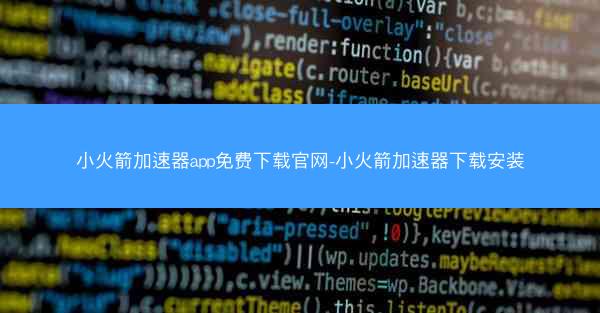在英语学习中,词汇的发音和含义是两个至关重要的方面。今天,我们将聚焦于一个常见的短语leave behind,探讨其英语发音以及背后的含义。这个短语在日常对话和写作中频繁出现,了解其正确的发音和丰富的含义对于英语学习者来说具有重要意义。 ...

在英语学习中,词汇的发音和含义是两个至关重要的方面。今天,我们将聚焦于一个常见的短语leave behind,探讨其英语发音以及背后的含义。这个短语在日常对话和写作中频繁出现,了解其正确的发音和丰富的含义对于英语学习者来说具有重要意义。
一、leave behind的发音
我们来了解一下leave behind这个短语的发音。在英语中,leave读作/ˈliːv/,而behind读作/ˌbɪˈhaɪnd/。leave behind的发音为/ˈliːv ˌbɪˈhaɪnd/。这个短语在口语和书面语中都很常见,发音相对简单,但要注意behind的发音中i的音标为/ɪ/,而不是/i/。
二、leave behind的含义
leave behind这个短语在英语中的含义是留下或遗留。它通常用来描述某人或某物在离开某个地方或某个情境时留下的东西。以下是对这个短语含义的详细阐述。
三、leave behind的用法
在英语中,leave behind的用法非常广泛,以下是一些常见的用法示例:
1. 留下物品:I accidentally left my wallet behind when I went out.
2. 留下痕迹:The storm left behind a trail of destruction.
3. 留下回忆:As time goes by, we leave behind our youth.
4. 留下责任:It's important to leave behind a clear plan for the future.
四、leave behind的搭配
leave behind可以与许多名词和动词搭配使用,以下是一些常见的搭配:
1. leave behind someone/something:留下某人/某物
2. leave behind memories:留下回忆
3. leave behind a legacy:留下遗产
4. leave behind a mess:留下混乱
五、leave behind的例句
以下是一些包含leave behind的例句:
1. Don't forget to leave behind your phone when you go to the gym.
2. The old house left behind a lot of memories for the family.
3. It's important to leave behind a positive impression on your boss.
4. The company decided to leave behind its traditional business model.
六、leave behind的变体
除了leave behind这个短语外,还有一些与之相关的变体,如:
1. leave something behind:留下某物
2. leave behind someone:留下某人
3. leave behind a mark:留下痕迹
4. leave behind a footprint:留下足迹
七、leave behind的语法功能
在句子中,leave behind可以作为谓语动词、宾语补足语或状语。以下是一些示例:
1. The thief left behind a trail of clues.
2. She left behind her old habits and started a new life.
3. Don't leave behind your homework.
八、leave behind的修辞手法
在文学作品中,leave behind这个短语常常被用来表达深刻的情感和哲理。以下是一些运用了修辞手法的例句:
1. As he left behind the past, he found a new beginning.
2. The old man left behind a legacy of love and wisdom.
九、leave behind的文化内涵
在不同的文化背景下,leave behind这个短语有着不同的内涵。以下是一些文化内涵的示例:
1. 在西方文化中,leave behind通常指离开某个地方或情境,留下一些东西。
2. 在东方文化中,leave behind可能还包含着对过去生活的怀念和对未来的期待。
十、leave behind的演变过程
leave behind这个短语在英语中的使用历史悠久,其演变过程可以从以下几个方面进行探讨:
1. 早期用法:在古英语中,leave behind的用法与现在类似。
2. 中世纪英语:这个短语在语法和用法上逐渐成熟。
3. 现代英语:如今,leave behind已成为英语中常见的短语。
通过对leave behind这个短语的发音、含义、用法、搭配、例句、变体、语法功能、修辞手法、文化内涵和演变过程的详细阐述,我们可以更加深入地了解这个短语在英语中的运用。希望这篇文章能够帮助英语学习者更好地掌握这个短语,提高英语水平。在未来的研究中,我们可以进一步探讨leave behind在不同语境下的具体用法和表达效果。




















